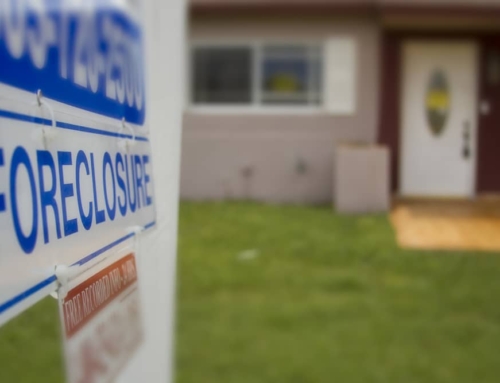Q. We bought an acre of land and built our own home on it. We have the deed to the land, but we don’t have any kind of deed to the home because we built it ourselves and we don’t have a conventional home mortgage. We financed our home through a family financed mortgage.
I am concerned that if we ever want to sell it we will need a deed showing legal ownership. How can we do this?
A. The basic answer to your question is that you can build a home — or any other structure on land you own — and you don’t need an addition document to verify your ownership of the home.
If you built the home with your own two hands, you’re all set. There’s nothing else to do.
However, if you had a contractor or builder build the home, you should have received documentation relating to the payment of the home. As with any construction that is ever done on your home, you need to make sure that each contractor, subcontractor and material supplier has been paid in full and releases your home of any lien they may have against the property.
In most states, the builder or contractor should deliver a statement to you detailing the work performed by the contractor, the names of all the subcontractors and the work they performed and the name of all of the suppliers of materials for your project and what they supplied. With this information, the owner can make sure the proper parties are getting paid what they are entitled to and each contractor, subcontractor and supplier waives any lien claim on the property.
In many places, the party that performed the work or delivered materials to a construction site has the right to place a lien on the property until they are paid in full. If you pay your contractor and he disappears and fails to pay the supplier, you may wind up paying for the supplies twice: once to the contractor and once again the actual company that did not get paid.
You can protect yourself by insisting on knowing who performs work or delivers materials to a construction job, and insisting each one signs a lien waiver that says the individual or company has been paid in full and releases their lien rights at the time of payment.
If you want to take it a step further, if you have a whole house built for you, you can have the builder quit-claim any interest he or she may have in the home to you. This document — known as a “quitclaim deed” — would clearly indicate that the builder has no interest in the home.
Finally, I hope you obtained title insurance on the land when you bought it. If you start out knowing that the land you have is yours and there is a reputable company standing behind your ownership of the land, you can feel more comfortable putting a substantial amount of money into a new home on the land.
If you did not get title insurance at the time you bought the land, you might want to investigate whether a title company in your area would be willing to now insure your ownership of the land and home upon its completion.
The title company may need additional documentation from you and your builder, but you would know at the end of the process that the home has been completed and a title company is willing to insure your ownership to it.








Leave A Comment